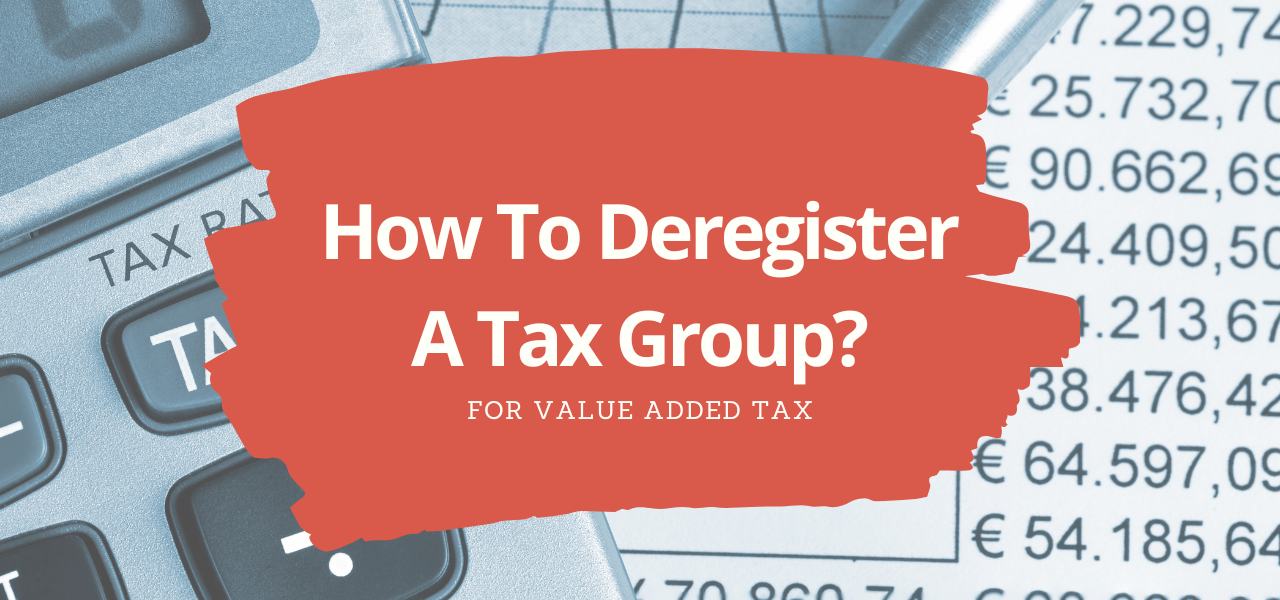Starting from January 2, 2020, the New DMCC Company Regulations 2020 replaced the DMCC Regulation No. 1 of 2003. This change brings increased clarity and flexibility for businesses operating in and from the Dubai Multi Commodity Centre (DMCC). The Company Regulations 2020 extend their applicability to foreign companies with subsidiaries in the DMCC.
The recently implemented regulations grant exemptions to companies within the DMCC from the provisions of UAE Federal Commercial Companies Law No. 2. Existing DMCC companies must adhere to the Company Regulations 2020 if their current Articles of Association (Articles) are inconsistent.
Now Consultant, a leading business setup firm in the dubai, helps you start a new company in DMCC and change the status of your existing company according to the new regulations of DMCC.
The New Regulations Affect The following Key Amendments
The new framework has significantly revised DMCC regulations for companies and businesses. The following is a detailed explanation of the amendments to the DMCC regulations and their effects on businesses:
1. Revised Minimum Share Capital
Minimum share capital requirements have changed, with the elimination of the previous 50,000 AED minimum in favor of a requirement deemed “sufficient for the activities allowed under the license of the company.” For specific guidance on the minimum capital requirement based on individual activities, consultation with the DMCC Authority is recommended.
The Registrar retains the authority to set minimum share capital requirements. This power allows them to prescribe the necessary financial thresholds.
2. Articles of Association:
The New Regulations offer flexibility in Articles of Association. The company has three options: use DMCC’s “Standard Articles” as is, make changes to specific clauses in the “Standard Articles,” or choose an entirely different set of articles.
In the scenario where a company decides to adopt its own articles, it is necessary to obtain a legal opinion confirming that the New Regulations do not pose any conflicts with the articles.
3. Share Classification
In old regulations, a company in DMCC could only have one class of shares, each with equal voting power and rights to dividends, redemption, and distribution. With the New Regulations, the company can now issue various types of shares, each carrying different rights, such as voting and dividend entitlements.
When a company decides to have more than one type or class of shares, it needs to define the associated rights in its articles of incorporation clearly.
4. Share Subscription and Exemptions
Firms are currently permitted to allocate shares as consideration in transactions, diverging from previous regulations. The establishment of a fair share price for the company and its current shareholders is subsequently determined through an impartial assessment of the shares.
The current introduced regulations do specify the following exemptions from this allowance:
When securities turn into shares or options are used to get company shares, fully paid-up shares are given to shareholders from reserve funds, reflecting their ownership. Companies might also organize shares based on different types and classes.
5. Treasury Share Authorization
As per the recently implemented DMCC regulations, a company registered with the DMCC is now authorized to repurchase its shares and can retain the purchased shares as treasury shares of the company.
In the old DMCC regulations, when a company brought back its shares, they were automatically canceled, leading to a reduction in its share capital equivalent to their nominal value.
6. Rules on Dividends and Distributions
The updated regulations offer a detailed framework for dividends and distributions. Directors must adopt a simple majority resolution, allowing swift dividend payments in the normal course of business.
The new rules also clarify terms like ‘distribution’ and ‘redistributable reserve and contain specific provisions addressing the repercussions of unlawful distributions.
7. License Suspension
Under the New Regulations, companies can request license suspensions voluntarily. A voluntary suspension of up to 12 months can be sought, with an extended suspension period requiring approval from the Registrar. Registrars may grant a longer suspension period if sanctioned by the Board.
Upon suspending their licenses, companies within the DMCC Free Zone are obligated to halt all operations. Company operations can start again once the Registrar reactivates the license after the suspension period.
8. Adherence to Accounts And Audits
The new enacted regulations provide more comprehensive guidelines concerning company accounts and auditors. Companies are required to prepare their audited financial statements in adherence to the International Financial Reporting Standards IFRS.
Companies within the DMCC must have their auditors sanctioned and officially registered through the DMCC Authority.
9. Company Migration and Transfers
Companies have the flexibility to migrate to DMCC on a case-by-case basis. A company registered with DMCC has the option to relocate to a different jurisdiction as per the New Regulations. To facilitate this move, a special resolution is required, and authorization from the registrar is essential.
The New Regulations enhance the ease and efficiency of transferring companies into DMCC from other jurisdictions. The New Regulations outline specific prerequisites that must be met before submitting a transfer application from DMCC.
10. Corporate Governance
The introduction of the ‘Officer Rules’ under the New Regulations signifies a fundamental shift in regulating duties, responsibilities, and procedures for named officials. DMCC companies are mandated to appoint a Secretary within the ‘officer’ definition, a requirement that was optional before implementation of new regulations.
According to the new rules, DMCC companies can choose companies to be their secretaries instead of people, and there are limits on providing financial help to directors.
11. Insolvency and Winding-up
The New Regulations comprehensively address insolvency and winding-up processes for DMCC companies, outlining four modes of deregistration: solvent winding up, summary winding up, insolvent winding up, and involuntary winding up. Liquidators are appointed by directors during the winding-up procedures.
The 2020 Company Regulations brought several advantageous changes for DMCC-incorporated companies. As the transition period concludes, clients with DMCC companies should assess and align their Articles of Association with the Companies Regulations 2020.
How We Can Help You?
The New Regulations bring positive changes for companies in DMCC, making the legal framework stronger. It’s good news for new businesses in DMCC and for existing ones, who now have a better regulatory structure.
Existing companies in DMCC should be aware of and follow the new regulations. If you haven’t updated your company status or are unsure about the requirements, Now Consultant can help you update. The expert team at Now Consulatnt will guide you to understand and comply with the new regulations, ensuring your company benefits and avoids penalties under DMCC jurisdiction.









